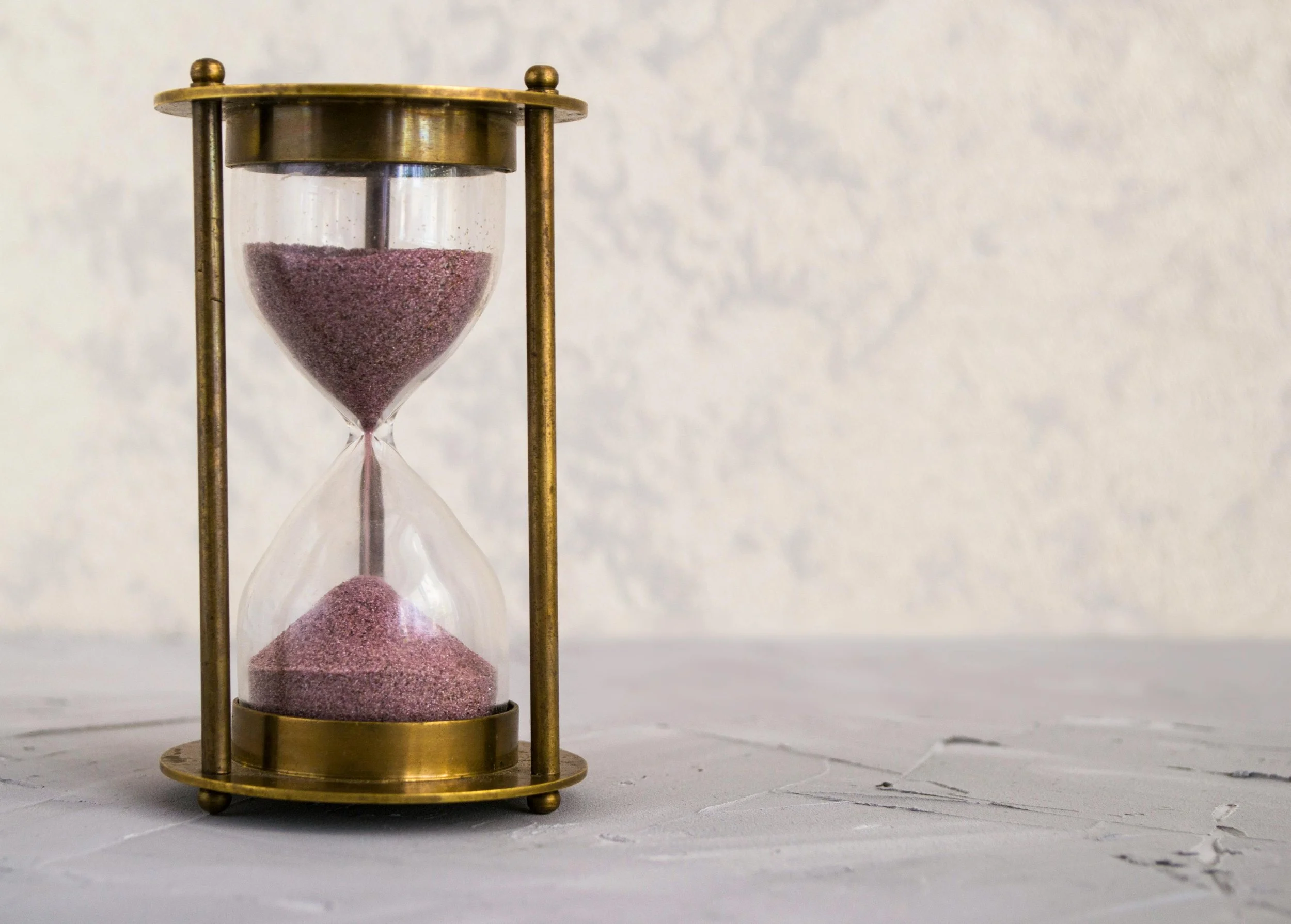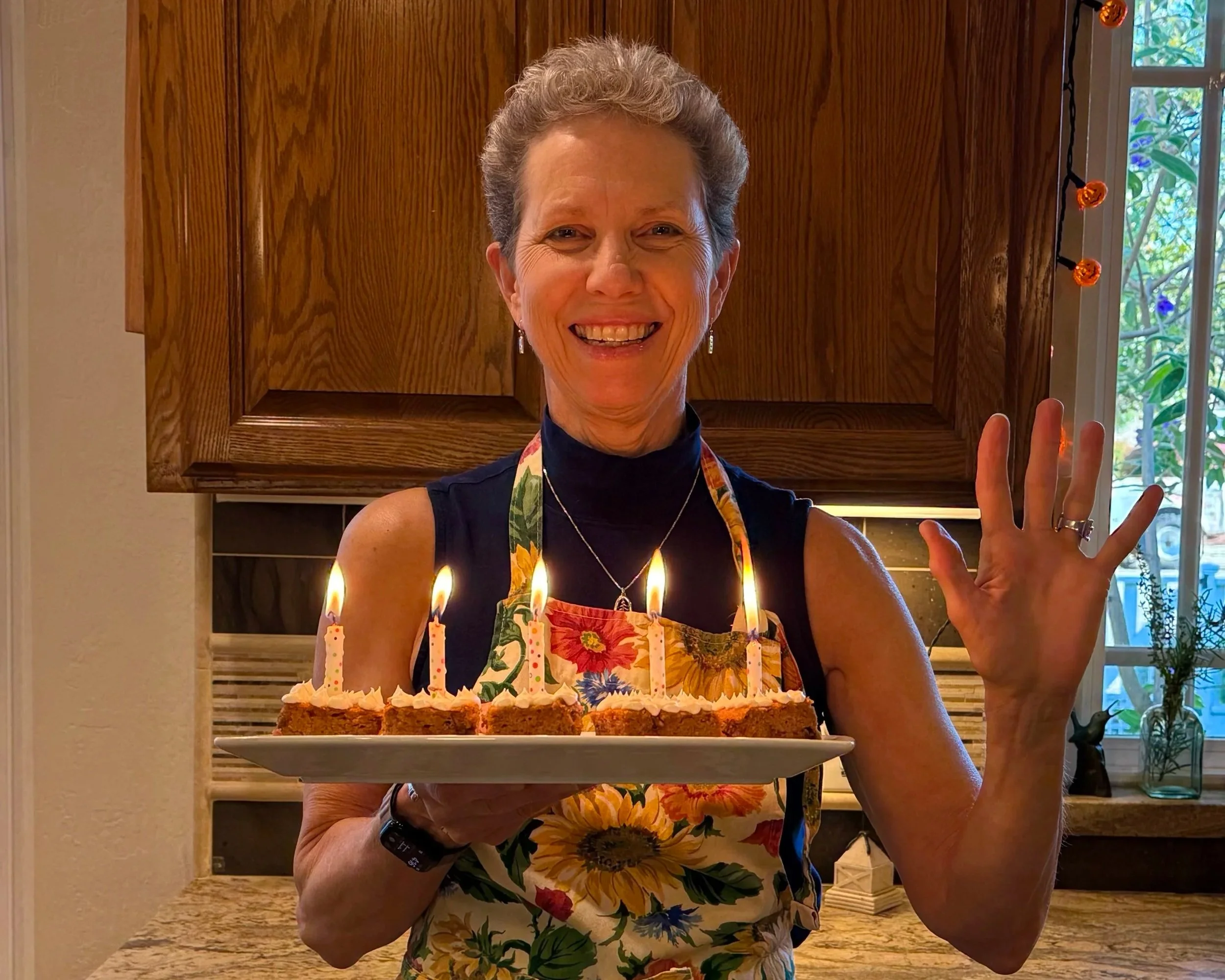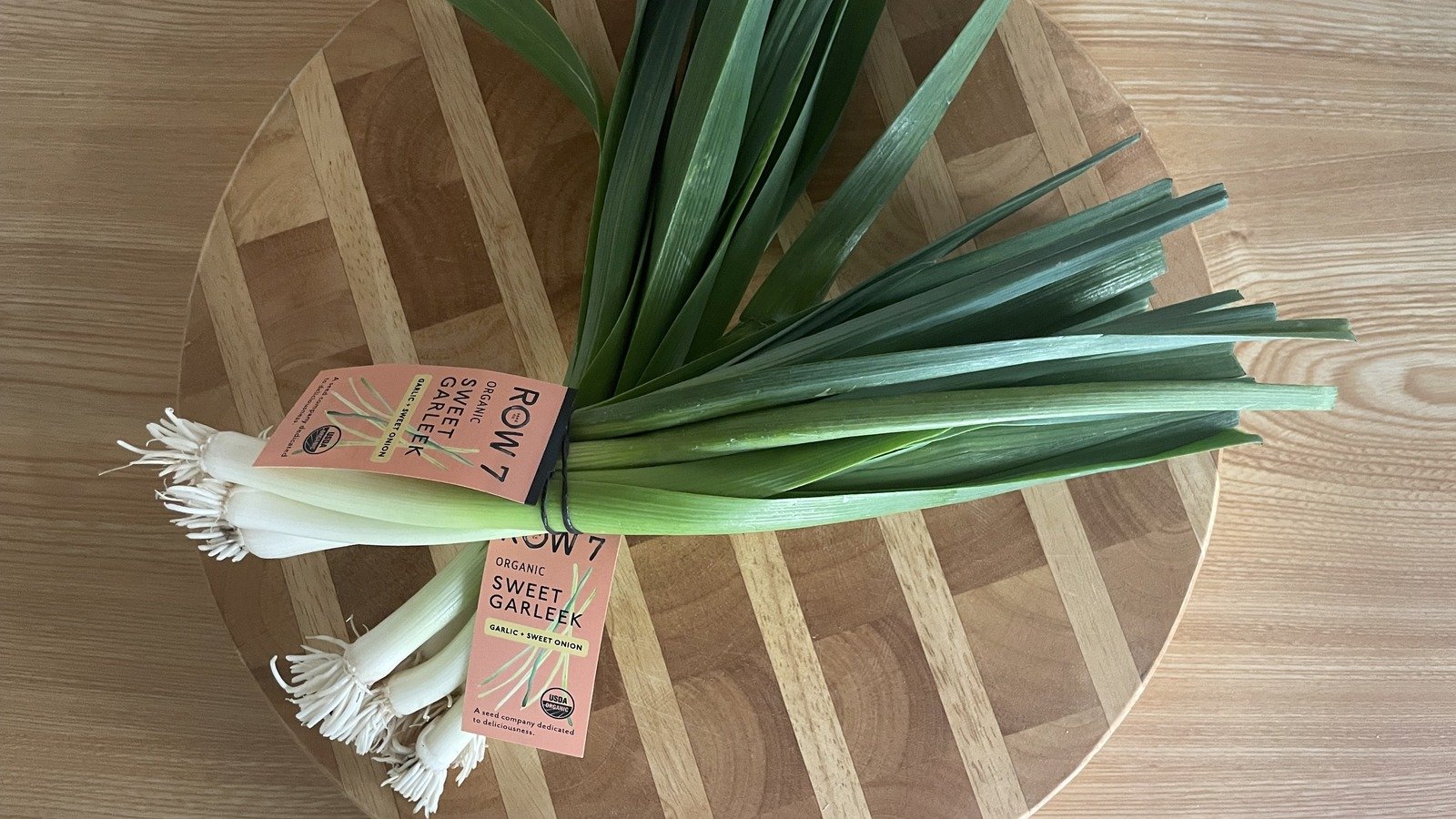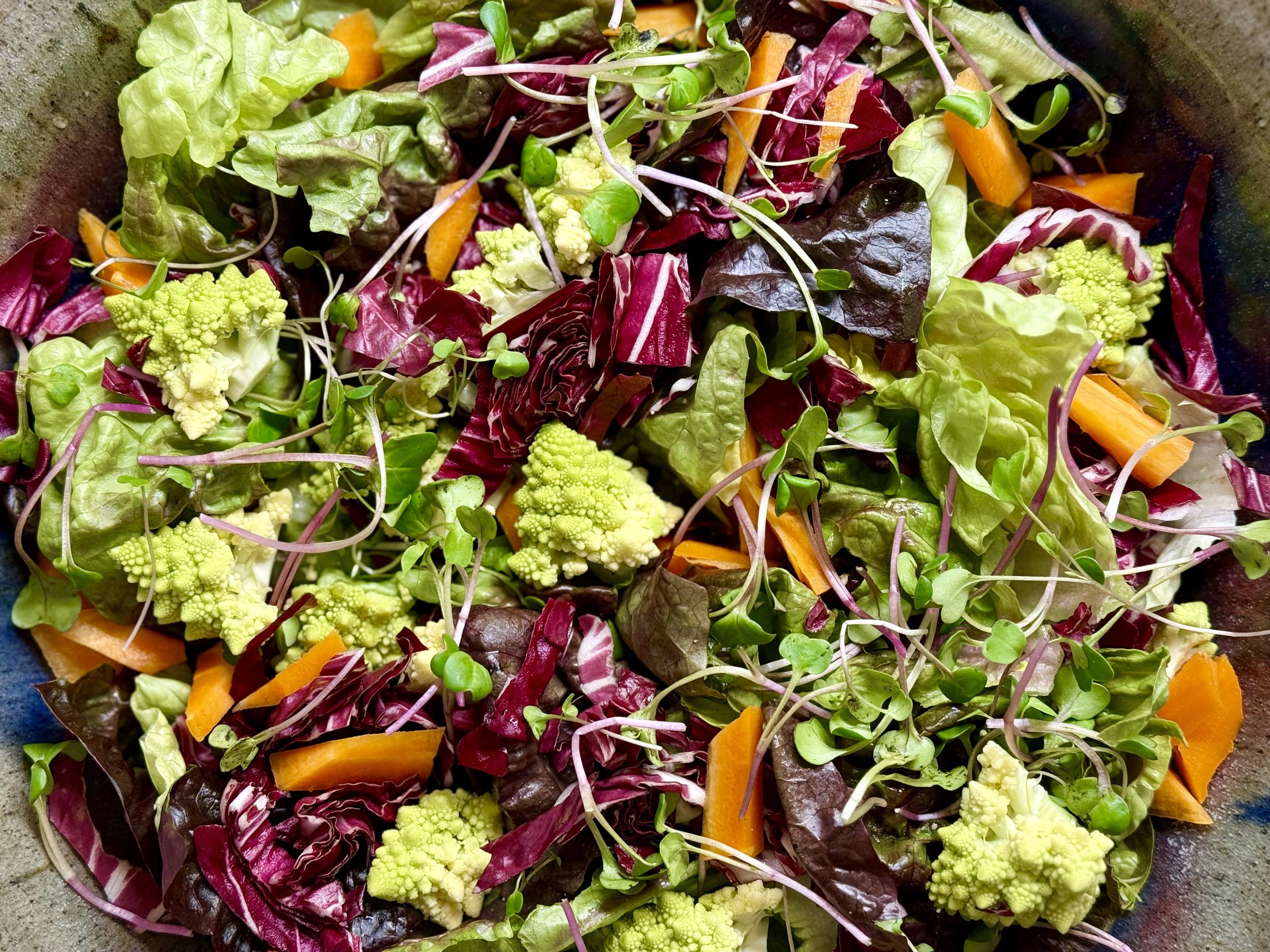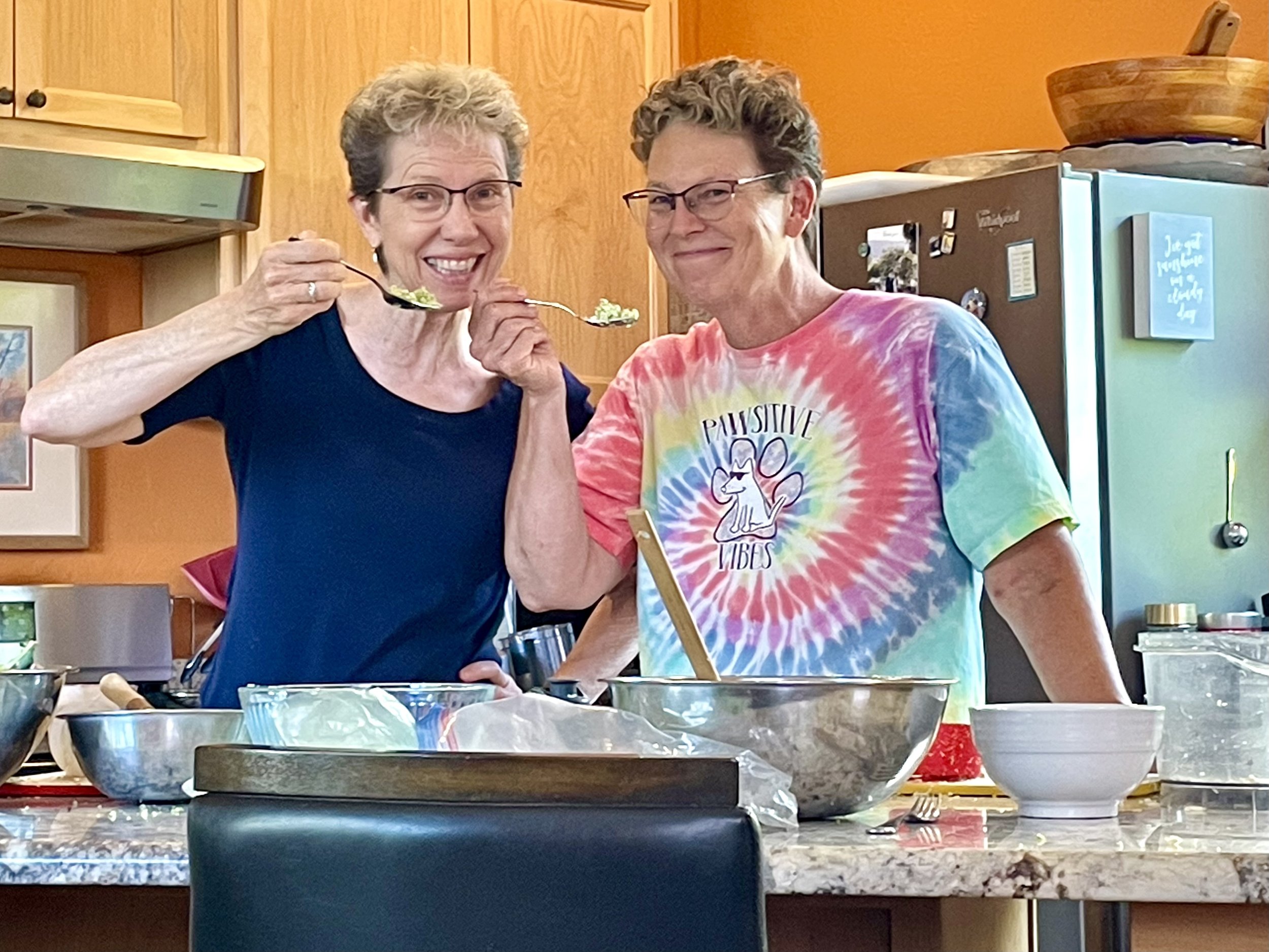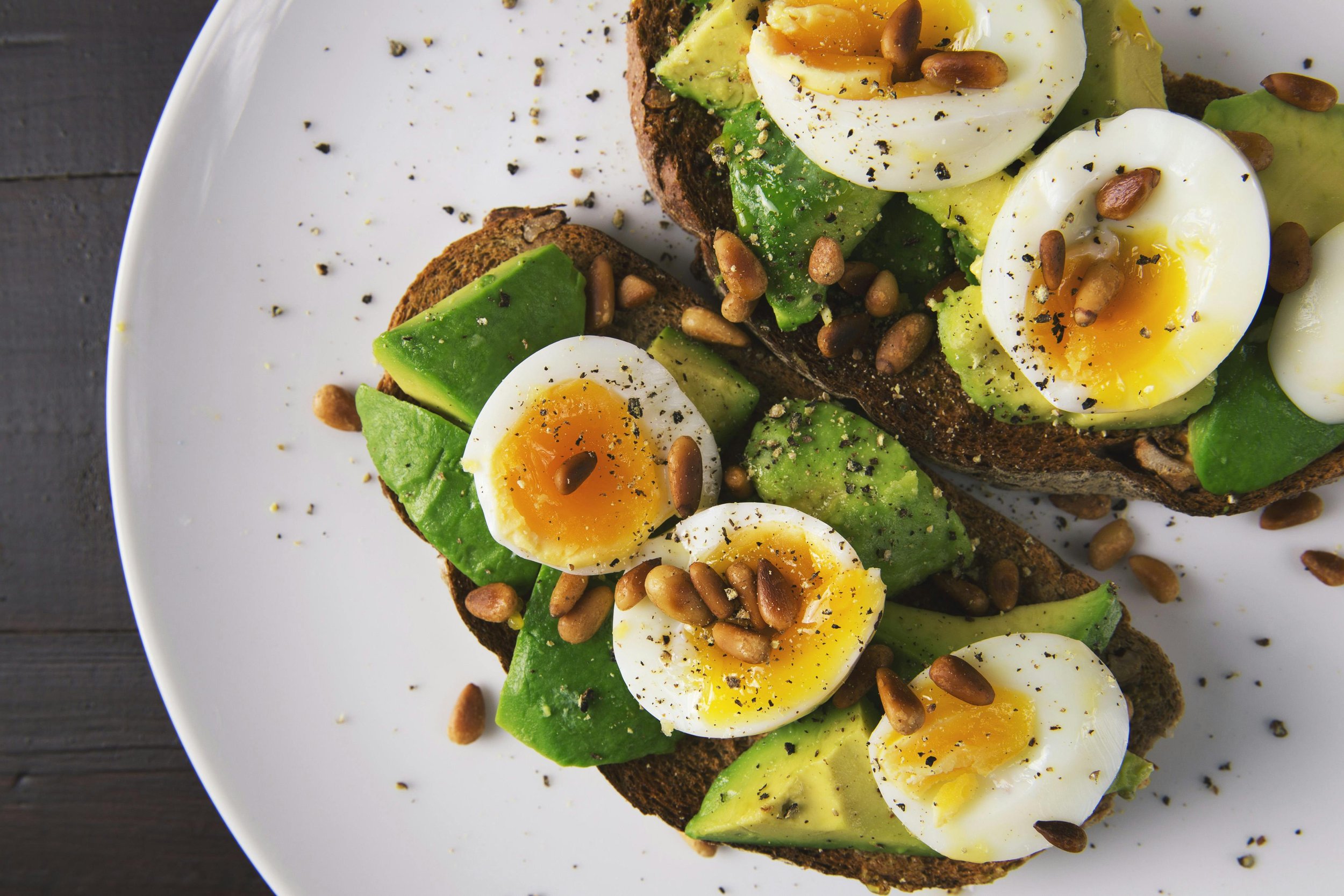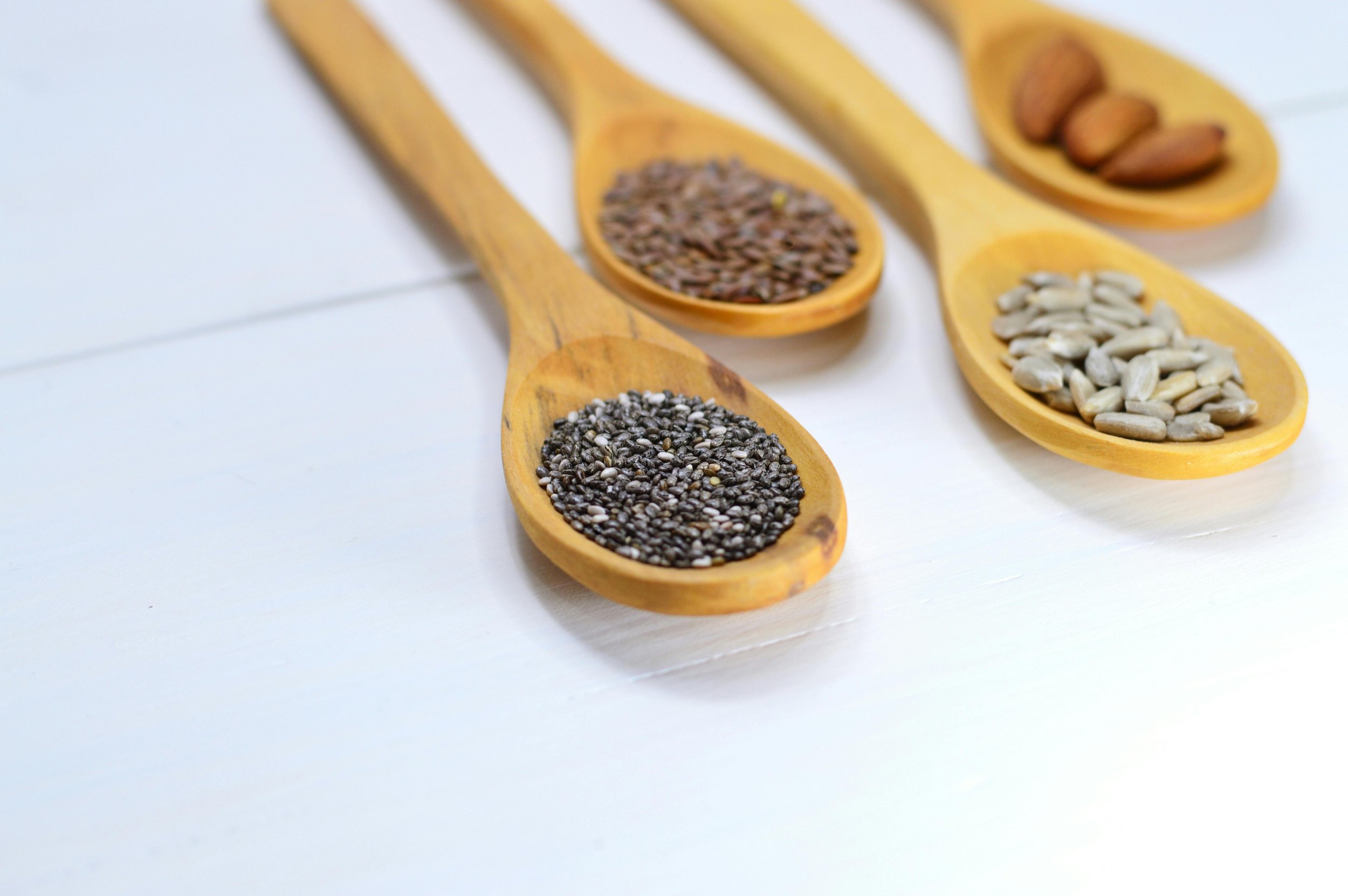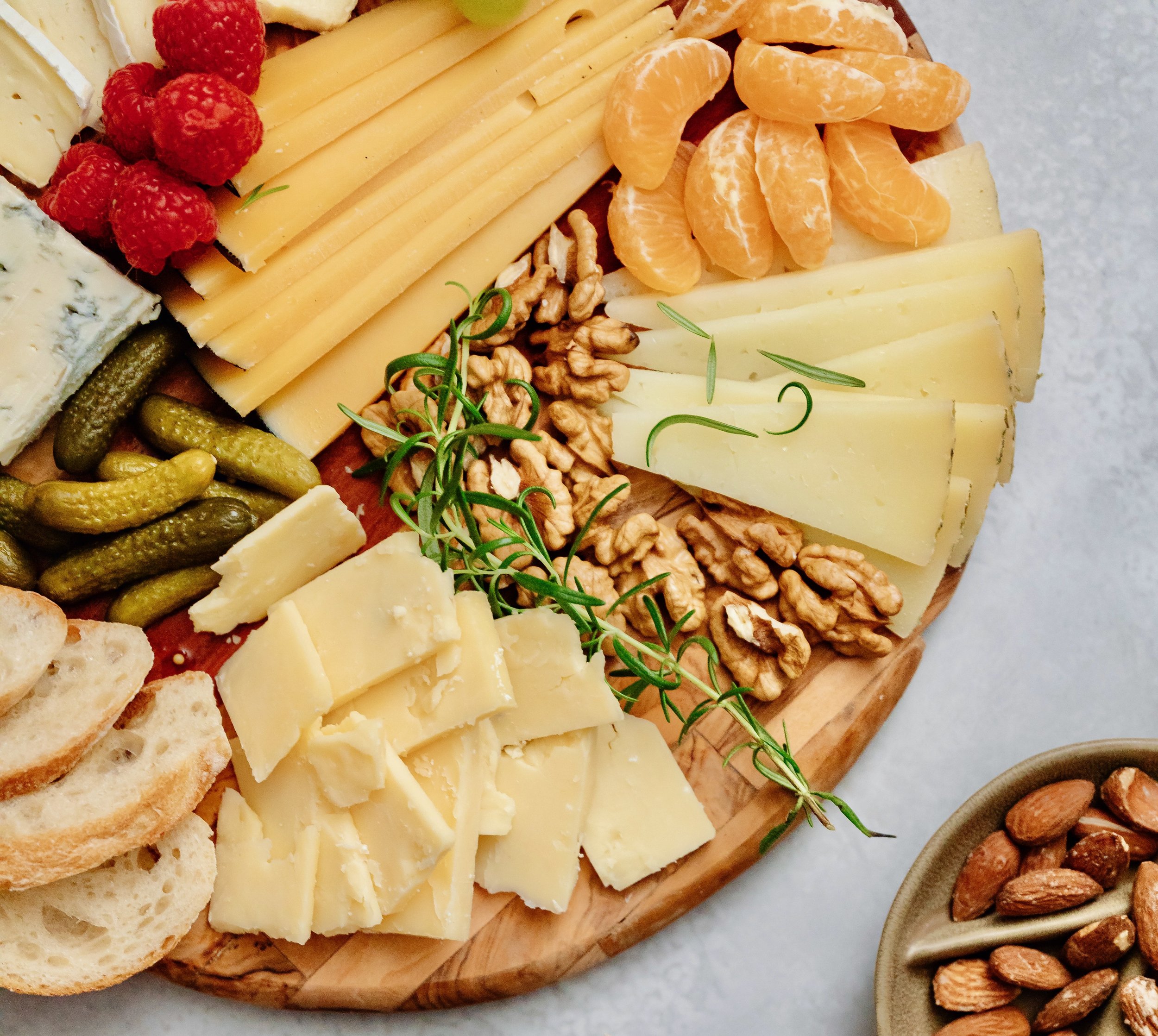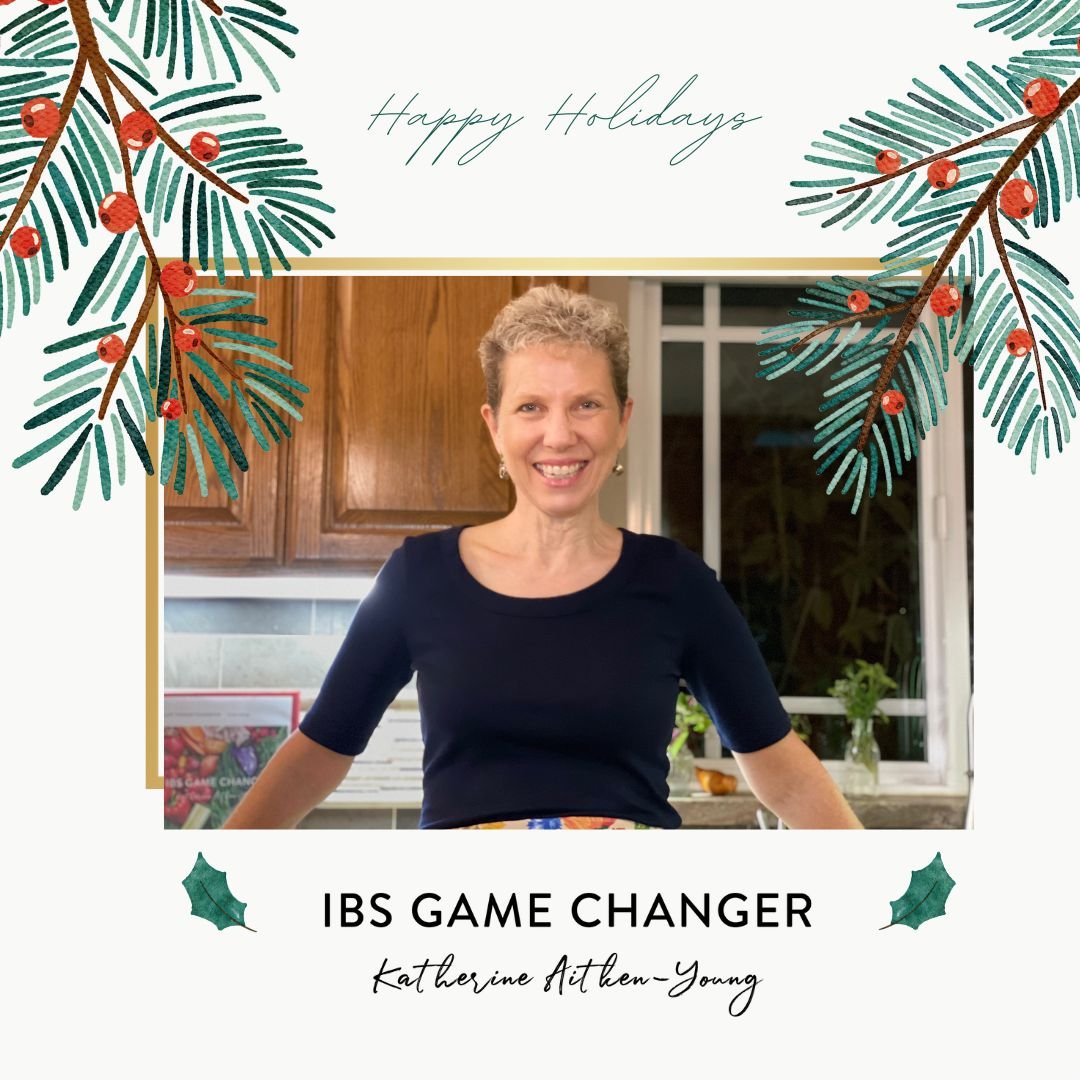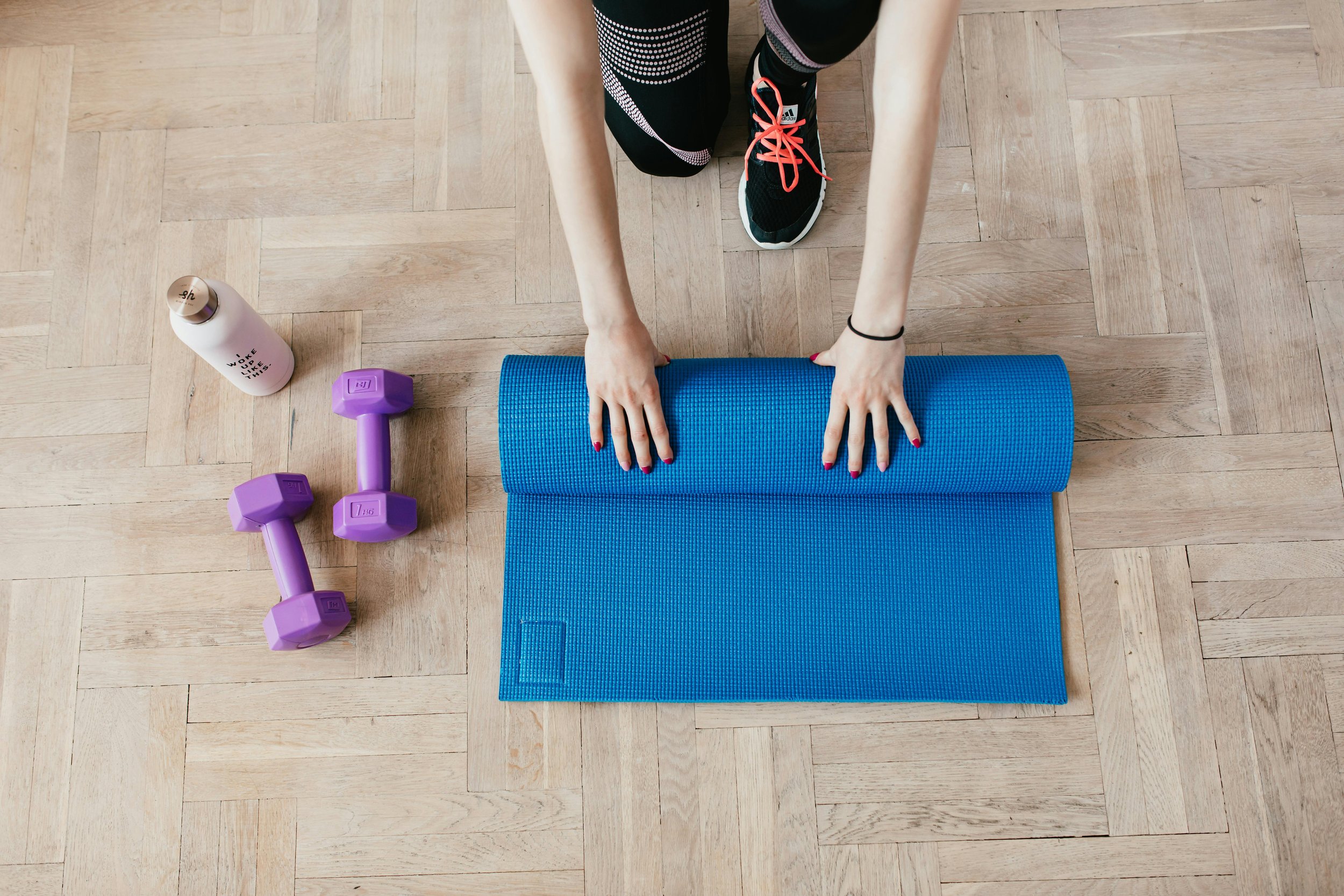Mastering Mindful Eating: 13 Essential Strategies to Detox from Mindless Munching
For better or for worse, the holidays are often focused on food. And not just healthy, nourishing food, but food that may be extra rich, extra sugary, and full of FODMAP Triggers. So how do you get back to a mindful mindset when it comes to eating? Detoxing from mindless eating involves building (or rebuilding) mindful eating habits and breaking free from automatic, unconscious consumption. In this blog post, I am sharing some steps to help you regain control and foster a more mindful relationship with food.
You can start by creating a focus on what your body needs, not what your primitive brain wants. This will help you make decisions and prioritize those decisions that support your focus on health. For me, that focus is captured in this variation on Michael Pollan’s philosophy on food: Eat real food. Mostly plants. Prepare it yourself.
Read on for some specific things you can do to help yourself reset after the holidays.
Raise Awareness:
Start by acknowledging and recognizing your mindless eating habits. Be aware of situations, emotions, or triggers that lead to unconscious eating.
Be Mindful:
Engage your senses when eating. Sit down and pay attention to the food on your plate. Notice the colors, textures, and flavors of your food. Chew slowly. Savor each bite. This helps you appreciate your food and recognize the signals your body sends when you have had enough.
Create a Distraction-Free Zone:
Designate specific eating areas and times. Avoid eating in front of the TV, or computer, or while scrolling through your phone. Minimize distractions so you can focus on your meal.
Control Your Portion Sizes:
Eat your meals on a plate or in a bowl to maintain a clear sense of how much you’re eating and encourage appropriate portion sizes. Don’t eat out of the container, bag, or carton. This can help prevent overeating.
Meal Planning:
Plan your meals in advance. Having a structured eating schedule reduces the likelihood of impulsive, mindless eating.
Stay Well-Hydrated:
Stay hydrated throughout the day. Sometimes, feelings of hunger are actually signals of dehydration. Start your day with a big glass of water (this can also help regulate your bowel movements). Drink water before reaching for a snack, then wait 15 minutes to be sure you're truly hungry before eating.
Listen to Hunger Cues:
Pay attention to your body's hunger and fullness signals. Eat when you're hungry and stop when you're satisfied, rather than relying on external cues or emotional triggers. Don’t eat so fast that you zoom right past your body’s ability to let you know it’s full! Slow down, chew your food, and put your fork down between bites.
Mindful About Snacking:
If you can break the habit of snacking altogether, that’s a great way to minimize mindless eating. But, if you want to keep snacks in your diet, choose them thoughtfully. Opt for real food here too, and something with protein, fiber, and fat that will be filling and satisfying (a handful of nuts, a few of my Amazing Seed Crackers with cheese or Nutzo Nut & Seed Butter, or some chopped vegetables and lactose-free cottage cheese or Nutzo Nut & Seed Butter are great choices). Be conscious of portion sizes. Sit down and savor your snack rather than eating it on the go.
Emotional Awareness:
Identify emotional triggers for mindless eating. When you feel stressed, bored, or anxious, find alternative ways to cope, such as taking a short walk, practicing deep breathing, or engaging in a hobby. Work on just feeling your emotions instead of letting them drive you to the kitchen to drown them in a bag of chips or a box of cookies. If you give them time, these feelings usually pass within a few minutes, and you can avoid the need to buffer them with food.
Keep a Food Journal:
Track your meals and snacks in a journal or phone app. This helps you become more aware of what, when, and how. much you eat, making it easier to identify patterns of mindless eating. It’s a great way to be “onto yourself” about portions and portion sizes too.
Mindful Grocery Shopping:
Plan your meals and related grocery shopping list ahead of time and stick to it. Avoid shopping when hungry, as this can lead to impulse purchases of unplanned and less nutritious foods.
“Safe” Refrigerator and Pantry Shelves:
Clear out your fridge and pantry of the foods that you tend to eat mindlessly. Often that means the highly processed salty, sugary, or fatty foods that come in boxes and bags. If you live with others and the refrigerator and pantry are shared, then establish certain shelves that are just for you and that contain only the foods you want to be eating. Then you can focus only on those shelves when you’re hungry or preparing a meal. Avoiding temptations is a huge step in the direction of preventing mindless eating in the first place!
Seek Support:
Share your goals with friends, family, or a support group. Having a supportive network can provide encouragement and accountability on your journey toward more mindful eating.
Remember, developing mindful eating habits takes time and patience. Be kind to yourself throughout the process, celebrate small victories, and gradually integrate these practices into your daily life for a sustainable and positive transformation. The more you practice these techniques, the less you overload your body and the better you feel. It’s something to look forward to!
Need help on your journey? Make an appointment and let’s talk!
Have a question you’d like to have answered? Email me at hello@ibsgamechanger.com
Link note: This post may contain affiliate links for you to easily purchase items that are linked. I may earn a small commission from qualifying purchases but none of this costs you a thing so feel free to use the links! In addition, for some items, I have provided a special discount code for IBS Game Changers so be sure to use the code when you purchase an item to get the discount that has been arranged just for you.





